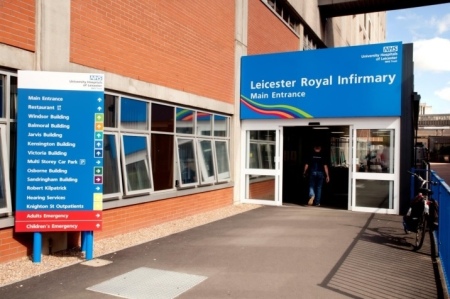We understand that when your child is being transferred that this is an incredibly stressful time for you and your family. The information that follows should begin to answer some of the questions you may have and give you an introduction to paediatric intensive care.
Children’s intensive care is only provided in a small number of specialist units; and your local hospital may not have this facility. Although your local hospital may not have this facility, they will be able to do the necessary procedures to prepare your child for transfer.
A paediatric intensive care unit (PICU) or sometimes referred to as a Level 3 Paediatric Critical Care Unit (PCCU) gives further specialist care with nurses, doctors and advanced care practitioners with experience in looking after and supporting critically sick and injured children.
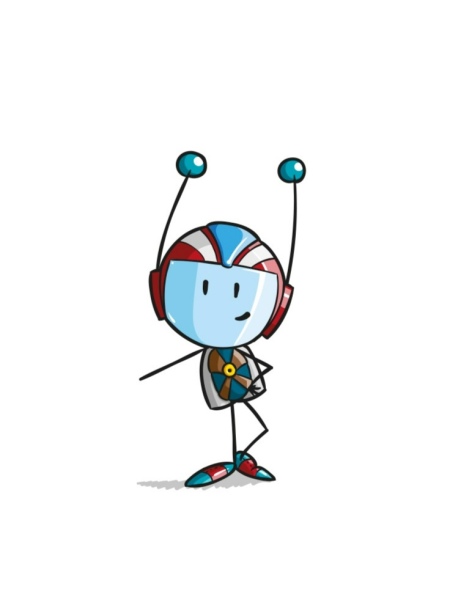
There will be many different people taking care of your child whilst being transferred.
The CoMET team are made up of:-
- Consultants – Senior children’s doctors who specialise in intensive care and transport
- Registrars – Doctors specialising in paediatrics or anaesthesia including transport
- Advanced Care Practitioners (ACPs) – Advanced healthcare professionals who specialise in paediatric critical care and paediatric critical care transport
- Nurses – Specialised nurses in caring for and transporting sick children
- Trainees – There may also be doctors, nurses, students in training; learning about transporting sick children.
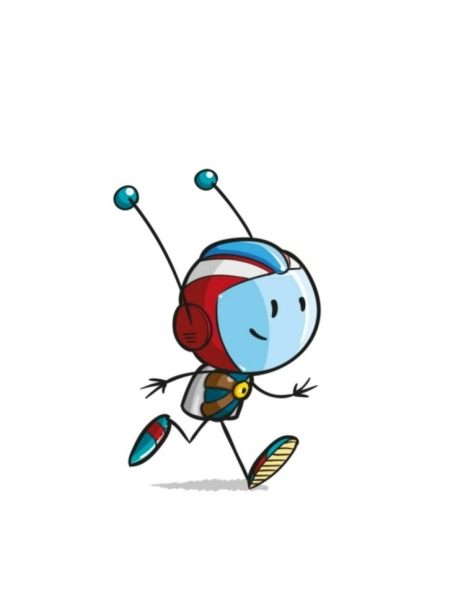
There are a lot of different pieces of equipment around your child that will be supporting them whilst they are ill. The staff will explain the equipment to you. Many pieces of equipment have alarm systems which may be frightening at first, but are important in helping to make sure your child is safe. We do insist that you do not touch any of this equipment as it may affect your child’s care.
The monitor - to observe and monitor your child’s heart rate, breathing, blood pressure, temperature and blood oxygen levels.
Ventilator - your child may need help breathing. When this happens, a ventilator will be used to help your child to breathe (not all children will need this help whilst on PICU)..
Pumps - to give infusions and medications

In the East Midlands, there are three Level 3 Paediatric Critical Care Units:-
- Nottingham Paediatric Critical Care Unit / PCCU
- Leicester Royal Infirmary Children’s Intensive Care Unit / CICU
- Leicester Royal Infirmary Cardiac Paediatric Intensive Care Unit / C-PICU
There are four Level 2 Paediatric Critical Care Units – also known has High Dependency Units in the East Midlands:-
- Nottingham PCCU
- Leicester Royal Infirmary Ward 12
- Royal Derby Hospital- PHDU
- Northampton General Hospital Paddington HDU
- King's Mill ward 25 HDU
There are occasions where some children may require transferring to a unit in a different part of the country. We will endeavour to provide you with as much information as possible if this is the case.
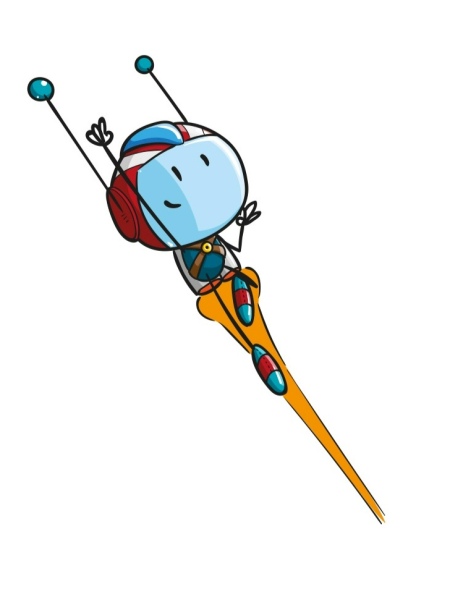
There may be the opportunity for one parent to travel with us in the ambulance, depending on staffing and vehicles. The transport team will talk to you about this. This may not be possible due to infection risks (for example during a pandemic). We will let you know if this is the case. If you suffer from motion sickness, it may be advisable for you not to travel in the ambulance. If you do travel with your child, you will be expected to remain seated with your seatbelt fastened unless told otherwise by a member of our team.
If you are not traveling with your child please do not try to follow our ambulance. Please ensure you travel at a safe and steady speed. Do not leave before the team, as there may be a change in plans and condition.
The CoMET team will be with your child throughout the journey in the ambulance. We will be observing and monitoring your child for any changes in their condition throughout the journey. We will also make regular notes on your child’s condition during the journey which we will share with the team in the hospital your child is transferred to.
If you have any concerns please speak to one of the transport team before they leave in the ambulance.
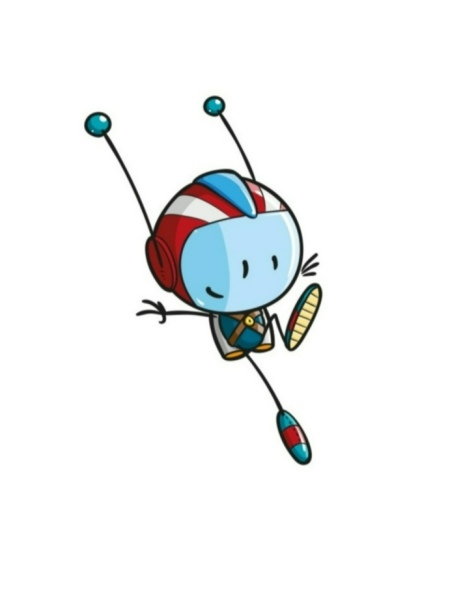
We welcome any comments or feedback about our team.

We would appreciate if you could complete our parent/ carer feedback questionnaire, which is anonymous, by scanning/clicking the QR code given here. It will take about 2 minutes and provides us with invaluable information to help us to improve our service.
Hazel (CoMET Nurse) and Chris (CoMET ACP) ran the York Marathon on the 15th October 2023 to raise money to provide a teddy to every critically ill child that CoMET transfer and to provide vital parent/carer emergency bags.
Cosmo the CoMET teddy bear is a unique, cuddly bear to help calm children and distract them from the anxiety that being sick and in hospital can sometimes create. They can be used to demonstrate procedures, support breathing tubing for those on life support or quite simply create a sense of familiarity in an otherwise scary environment.
Due to generous donations from families CoMET has already managed to gift over 100 Cosmo teddy bears to sick children around the East Midlands and we would like to ensure every child we transfer is able to recieve one.
In addition to the bears CoMET would like to gift parents and carers emergency packs to those who find themselves unxexpectedly travelling to another hospital with their sick child without any belongings. CoMET would like to fill the packs with toiletries, snacks, phone chargers and drinks.









